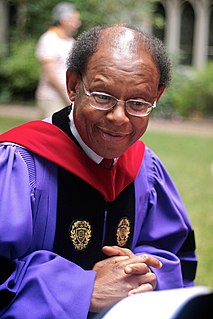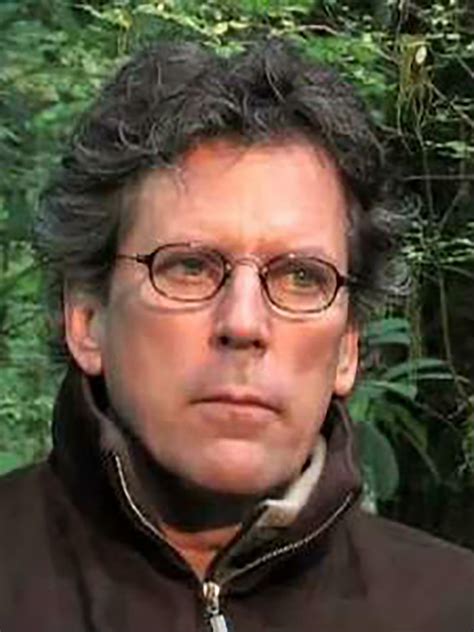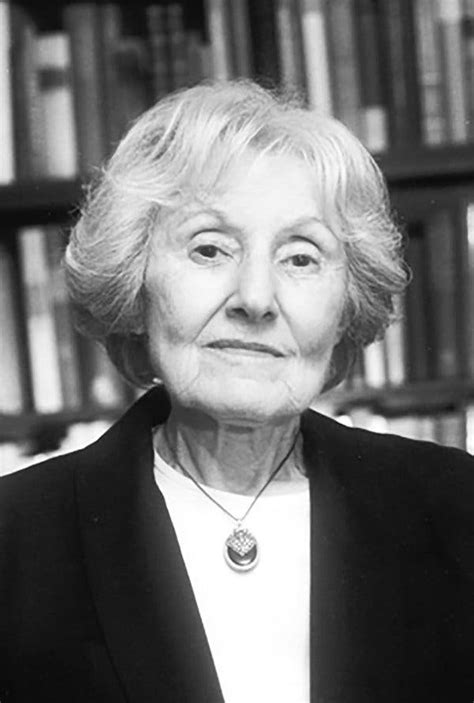A Quote by John Stuart Mill
Complete liberty of contradicting and disproving our opinion, is the very condition which justifies us in assuming its truth for purposes of action.
Related Quotes
While dwelling with pleasing satisfaction upon the superior excellence of our political institutions, let us not be unmindful that liberty is power; that the nation blessed with the largest portion of liberty must in proportion to its numbers be the most powerful nation upon earth, and that the tenure of power by man is, in the moral purposes of his Creator, upon condition that it shall be exercised to ends of beneficence, to improve the condition of himself and his fellow men.
The good citizen will demand liberty for himself, and as a matter of pride he will see to it that others receive the liberty which he thus claims as his own. Probably the best test of true love of liberty in any country is the way in which minorities are treated in that country. Not only should there be complete liberty in matters of religion and opinion, but complete liberty for each man to lead his life as he desires, provided only that in so doing he does not wrong his neighbor.
Active liberty is particularly at risk when law restricts speech directly related to the shaping of public opinion, for example, speech that takes place in areas related to politics and policy-making by elected officials. That special risk justifies especially strong pro-speech judicial presumptions. It also justifies careful review whenever the speech in question seeks to shape public opinion, particularly if that opinion in turn will affect the political process and the kind of society in which we live.
Even despots accept the excellence of liberty. The simple truth is that they wish to keep it for themselves and promote the idea that no one else is at all worthy of it. Thus, our opinion
of liberty does not reveal our differences but the relative value which we place on our fellow man. We can state with conviction, therefore, that a man's support for absolute government is
in direct proportion to the contempt he feels for his country.
Indeed our survival and liberation depend upon our recognition of the truth when it is spoken and lived by the people. If we cannot recognize the truth, then it cannot liberate us from untruth. To know the truth is to appropriate it, for it is not mainly reflection and theory. Truth is divine action entering our lives and creating the human action of liberation.
Wonder is like grace, in that it's not a condition we grasp; it grasps us. Wonder is not an obligatory element in the search for truth. We can seek truth without wonder's assistance. But seek is all we'll do; there will be no finding. Unless wonder descends, unlocks us ... truth is unable to enter. Wonder may be the aura of truth, the halo of it. Or something even closer. Wonder may be the caress of truth, touching our very skin.
Experience should teach us to be most on our guard to protect liberty when the Government's purposes are beneficent. Men born to freedom are naturally alert to repel invasion of their liberty by evil-minded rulers. The greatest dangers to liberty lurk in the insidious encroachment by men of zeal, well meaning but without understanding.
'In his celebrated book, 'On Liberty', the English philosopher John Stuart Mill argued that silencing an opinion is "a peculiar evil." If the opinion is right, we are robbed of the "opportunity of exchanging error for truth"; and if it's wrong, we are deprived of a deeper understanding of the truth in its "collision with error." If we know only our own side of the argument, we hardly know even that: it becomes stale, soon learned by rote, untested, a pallid and lifeless truth.'
A whole lot of us go through life assuming that we are basically right, basically all the time, about basically everything: about our political and intellectual convictions, our religious and moral beliefs, our assessments of other people, our memories, our grasp of facts. As absurd as it sounds when we stop to think about it, our steady state seems to be one of unconsciously assuming that we are very close to omniscient.
No one wants adversity. Trials, disappointments, sadness, and heartache come to us from two basically different sources. Those who transgress the laws of God will always have those challenges. The other reason for adversity is to accomplish the Lord's own purposes in our life that we may receive the refinement that comes from testing. It is vitally important for each of us to identify from which of these two sources come our trials and challenges, for the corrective action is very different.
What constitutes the bulwark of our own liberty and independence? It is not our frowning battlements, our bristling sea coasts, our army and our navy... Our reliance is in the love of liberty which God has planted in us. Our defense is in the spirit which prizes liberty as the heritage of all men, in all lands everywhere. Destroy this spirit and you have planted the seeds of despotism at your own doors... You have lost the genius of your own independence and become the fit subjects of the first cunning tyrant who rises among you.
As liberty of thought is absolute, so is liberty of speech, which is 'inseparable' from the liberty of thought. Liberty of speech, moreover, is essential not only for its own sake but for the sake of truth, which requires absolute liberty for the utterance of unpopular and even demonstrably false opinions.
The Constitution of our country [was] formed by the Fathers of liberty... Exalt the standard of Democracy! Down with that of priestcraft, and let all the people say Amen! that the blood of our fathers may not cry from the ground against us. Sacred is the memory of that blood which bought for us our liberty.







































